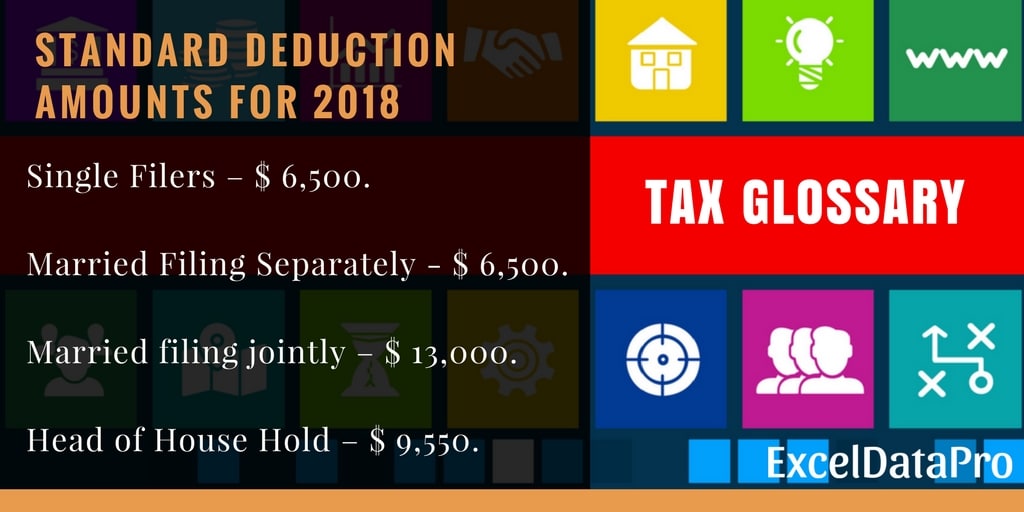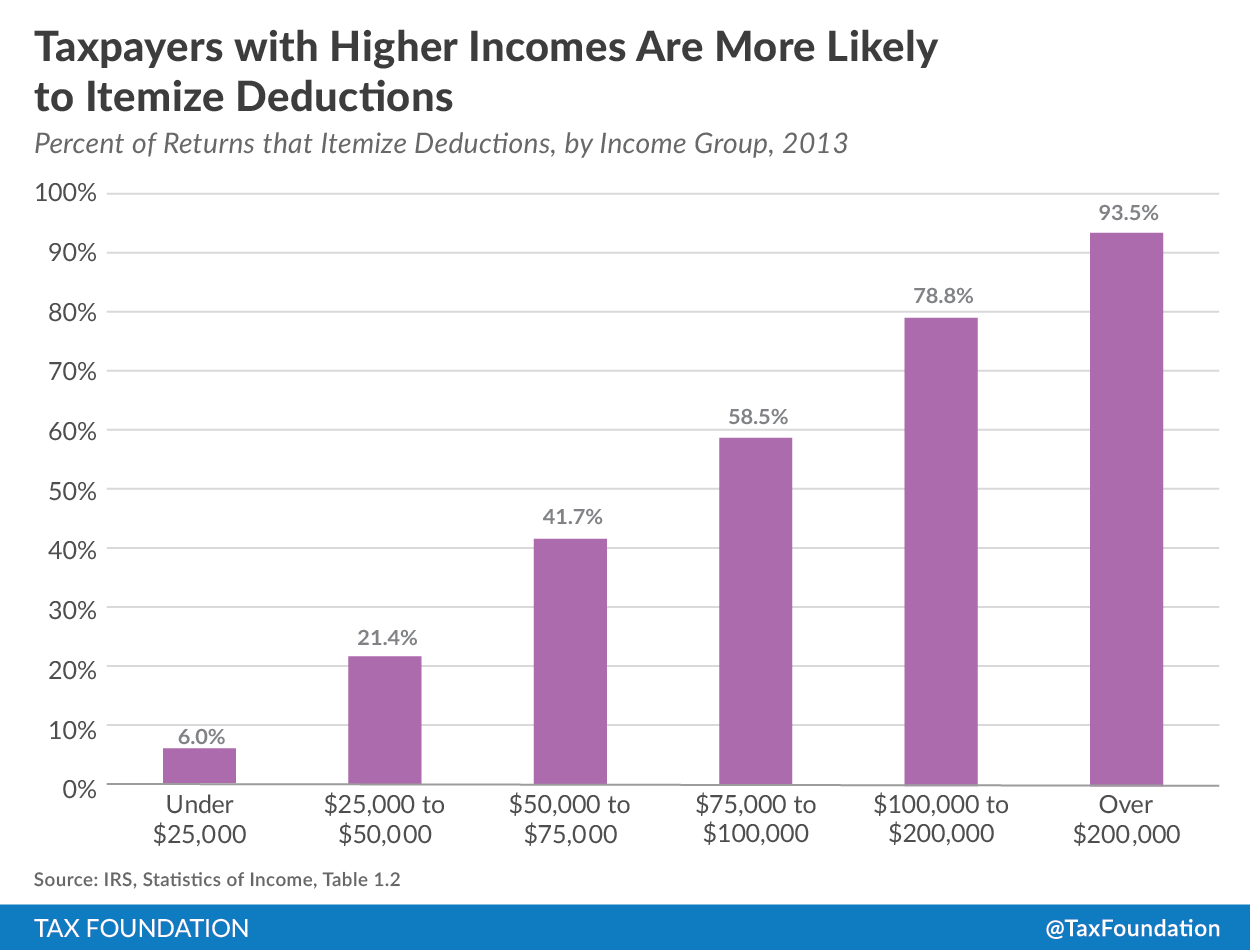The FEIE Standard Deduction: How it works for digital nomads
Wiki Article
The Foreign Earned Earnings Exemption Explained: An Overview to Enhancing Your Conventional Reduction
The Foreign Earned Earnings Exclusion (FEIE) is an essential tax obligation arrangement for U.S. residents and resident aliens living abroad. It allows qualified expatriates to leave out a significant section of their foreign-earned income from government taxes. Recognizing the nuances of FEIE can bring about substantial tax obligation savings. Several individuals ignore important information that could impact their qualification and benefits. Discovering these aspects may disclose chances for boosted tax end results.Recognizing the Foreign Earned Income Exclusion
Although numerous migrants look for chances abroad, recognizing the Foreign Earned Income Exclusion (FEIE) is vital for managing their tax obligation commitments. This stipulation permits united state citizens and resident aliens living overseas to omit a specific quantity of their made revenue from government taxes. The FEIE was established to alleviate the tax problem on people that stay outside the USA, recognizing the unique economic challenges they may deal with.
Eligibility Needs for FEIE

How to Claim the FEIE
To successfully assert the Foreign Earned Income Exemption (FEIE), taxpayers have to initially confirm their eligibility based upon particular standards - FEIE Standard Deduction. The process entails several actions, consisting of filing the ideal forms and supplying necessary paperwork. Understanding these procedures and demands is important for making the most of tax obligation benefits while living abroadEligibility Needs
Qualification for the Foreign Earned Earnings Exemption (FEIE) rests on meeting details criteria established by the internal revenue service. To certify, people should be united state citizens or resident aliens who make revenue while functioning abroad. They need to establish a foreign tax obligation home, which suggests their primary workplace is outside the United States. Additionally, applicants need to satisfy either the Authentic House Examination or the Physical Presence Test. The Bona Fide Home Examination calls for that a taxpayer stays in a foreign country for an entire tax year, while the Physical Presence Test necessitates costs at the very least 330 complete days in an international nation throughout a 12-month duration. Satisfying these needs is essential for asserting the FEIE.Declaring Refine Actions
Just how can one effectively browse the procedure of asserting the Foreign Earned Revenue Exclusion (FEIE)? First, individuals should identify their eligibility based on the physical presence examination or the authentic home test. As soon as confirmed, they should finish internal revenue service Type 2555, which details foreign income and residency. This form has to be affixed to their yearly tax obligation return, usually Type 1040. It is vital to precisely report all foreign earned income and guarantee conformity with the internal revenue service standards. Furthermore, taxpayers must preserve proper documents, such as foreign income tax return and evidence of residency. By complying with these steps, people can effectively claim the FEIE and possibly minimize their taxed earnings significantly, enhancing their total monetary position.Computing Your Foreign Earned Revenue Exclusion
While several migrants seek to optimize their financial advantages abroad, understanding the estimation of the Foreign Earned Earnings Exemption is crucial for precise tax obligation reporting. The Foreign Earned Income Exclusion permits qualifying people to exclude a specific amount of their foreign incomes from united state taxation, which is changed each year for inflation. To calculate this exclusion, expatriates should identify their complete international earned revenue, which typically consists of wages, incomes, and specialist fees made while staying in a foreign country.Next off, they must complete internal revenue service Kind 2555, providing details concerning their international residency and job condition. FEIE Standard Deduction. It is necessary to fulfill either the authentic residence test or the physical visibility examination to get approved for the exclusion. When these aspects are developed, the maximum allowable exclusion amount is applied, lowering the person's gross income significantly. Precise estimations can bring about substantial tax savings for expatriates living and working abroad
The Impact of FEIE on Other Tax Benefits
The Foreign Earned Income Exclusion (FEIE) can influence an individual's eligibility for certain tax benefits, including the typical reduction. By leaving out international gained revenue, taxpayers might locate their modified anonymous gross earnings influenced, which subsequently can influence their credentials for numerous tax obligation credit ratings. Comprehending these interactions is important for enhancing tax outcomes while living abroad.Interaction With Standard Reduction
When people get approved for the Foreign Earned Revenue Exemption (FEIE), their qualification for the typical reduction may be affected, possibly modifying their overall tax responsibility. The FEIE permits taxpayers to omit a specific amount of gained earnings from U.S - FEIE Standard Deduction. taxes, which can cause a decreased gross income. As an outcome, if the excluded income goes beyond the conventional deduction, it can lessen the advantage of claiming that reduction. Furthermore, taxpayers who make use of the FEIE may locate that their capability to detail reductions is also affected, as specific expenditures may be impacted by the exemption. Understanding this communication is essential for migrants to maximize their tax obligation benefits while ensuring conformity with U.S. tax regulationsEligibility for Tax Obligation Credit Scores
Steering via the complexities of tax obligation credit histories can be challenging for expatriates, especially since the Foreign Earned Earnings Exclusion (FEIE) can considerably impact eligibility for these advantages. The FEIE enables qualified people to leave out a considerable section of their foreign incomes from united state taxation, however this exclusion can additionally impact accessibility to numerous tax debts. Taxpayers that use the FEIE may find themselves disqualified for credit reports like the Earned Revenue Tax Credit Scores (EITC), as these credit ratings usually call for taxable revenue. Additionally, the exclusion may restrict the capability to assert particular reductions or credit scores linked with dependents. Recognizing the interaction between the FEIE and available tax credit ratings is essential for migrants intending to optimize their tax scenario.
Common Errors to Avoid When Declaring FEIE
Generally, expatriates encounter a number of challenges while claiming the Foreign Earned Earnings Exemption (FEIE), which can lead to costly errors or missed possibilities. One frequent error is stopping working to fulfill the physical presence or bona fide home examination, which is important for qualification. In addition, migrants often neglect the demand to submit Kind 2555 appropriately, causing incomplete or imprecise entries.An additional usual mistake entails incorrectly calculating foreign earned earnings, as lots of do not represent all appropriate earnings sources. Some expatriates wrongly presume they can omit all their income, unaware of the limitations on the exclusion quantity. Disregarding to keep appropriate paperwork, such as travel dates and residency standing, can threaten a claim. Finally, misinterpreting the implications of the FEIE on other tax credit histories may lead to unintended tax obligation obligations. Recognition of these risks can help with a smoother claiming procedure and make best use of prospective benefits.
Resources for Expats Navigating United State Taxes
Steering U.S. tax obligation responsibilities can be testing for expatriates, especially after coming across mistakes in asserting the Foreign Earned Earnings Exemption (FEIE) To assist browse these complexities, a selection of resources are readily available. The IRS internet site offers considerable info on tax obligation frequently asked questions, guidelines, and kinds particularly customized for expatriates. Furthermore, companies like the American People Abroad (ACA) and the Deportee Tax Professionals deal assistance and support to ensure compliance with tax legislations.Online more info here forums and communities, such as the Expat Discussion forum, permit expatriates to share experiences and understandings, fostering a helpful environment for those encountering comparable challenges. Tax obligation prep work software, like copyright and H&R Block, often includes features developed for expats, making the filing process much more easy to use. Engaging with these resources can empower migrants to much better recognize their tax obligation commitments and take full Web Site advantage of benefits like the FEIE.
Often Asked Concerns
Can I Claim FEIE if I'M Freelance Abroad?
Yes, freelance individuals abroad can claim the Foreign Earned Income Exemption (FEIE) To certify, they need to satisfy particular requirements regarding residency and income, ensuring they abide by IRS standards for expatriates.
Is the FEIE Applicable to Foreign Pensions?
The Foreign Earned Revenue Exclusion (FEIE) is not appropriate to international pension plans. Pensions are thought about unearned earnings and do not receive the exemption, which particularly puts on gained earnings from employment or self-employment abroad.What Takes place if I Go Back To the U.S. Mid-Year?
They might need to readjust their tax scenario if a private returns to the U.S. mid-year. Their qualification for sure reductions and exclusions, consisting of the Foreign Earned Earnings Exemption, might be affected by their residency standing.Can FEIE Be Reported With Other Reductions?
Yes, the Foreign Earned Earnings Exemption (FEIE) can be declared along with other reductions. Treatment should be taken to assure proper compliance with tax obligation regulations, as specific constraints may apply based on specific circumstances.How Does FEIE Influence State Tax Responsibilities?
The Foreign Earned Revenue Exclusion can minimize a taxpayer's government income tax responsibility, yet it does not instantly impact state tax obligation obligations, which vary by state and might still call for reporting of foreign earnings.Several expatriates seek chances abroad, recognizing the Foreign Earned Income Exclusion (FEIE) is essential for managing their tax responsibilities. By leaving out international earned income, taxpayers may find their adjusted gross earnings influenced, which in turn can impact their qualification for various tax obligation debts. Steering through the complexities of tax obligation credit ratings can be challenging for expatriates, particularly considering that the Foreign Earned Revenue Exemption (FEIE) can substantially influence qualification for these advantages. Taxpayers that make use of the FEIE may find themselves ineligible for credit reports like the Earned Revenue Tax Obligation Credit Scores (EITC), as these credit reports commonly call for taxable earnings. Maneuvering U.S. tax obligations can be testing for migrants, specifically after coming across challenges in asserting the Foreign Earned Earnings Exclusion (FEIE)
Report this wiki page